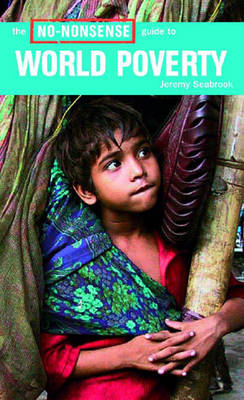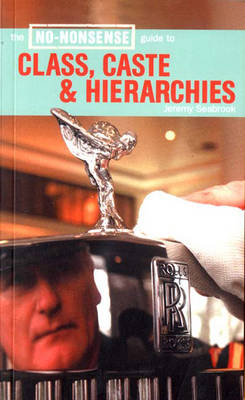No-nonsense Guides
2 total works
At the turn of the new millennium, the United Nations determined that world poverty would be halved by 2015. International agencies are all committed to "poverty abatement". The International Monetary Fund and the World Bank have renamed their structural adjustment policies "poverty reduction strategies". But can this work? No, argues Jeremy Seabrook, not if we fail to understand the meaning of poverty. Drawing on testimonies from around the world, as well as on the hard facts, he challenges the assumption that wealth overcomes poverty, and demonstrates that the opposite of "poor" is not "rich" but "self-reliant". Appealing passionately for a shared sense of "sufficiency", he gives verbal snapshots of people's lives to show how poverty shifts, changes and endures in response to the growth of wealth.
After nearly two centuries of industrialization, social relationships still tend to be defined by whether you are an owner, a manager or a shop-floor worker. In older but less industrialized societies, notably India, the caste system defines inherited and fixed positions in society. In totalitarian regimes, a hierarchical structure is created through party allegiance and bureaucratic or military rank.

